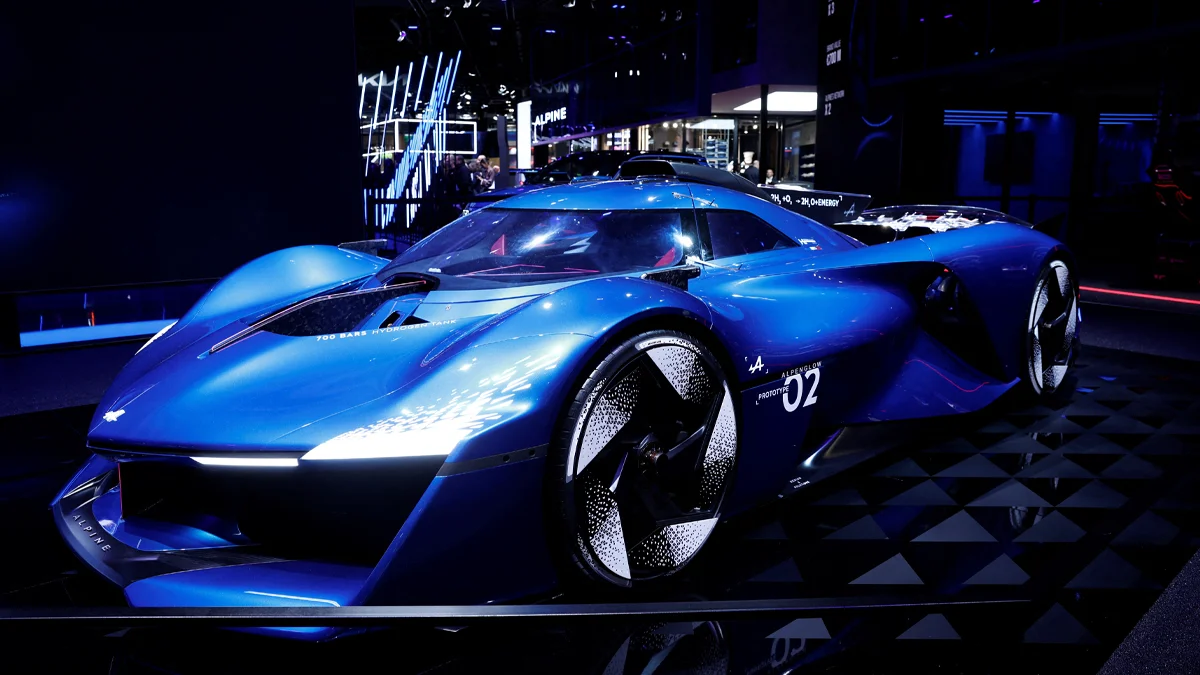Necessary Always Active
Necessary cookies are required to enable the basic features of this site, such as providing secure log-in or adjusting your consent preferences. These cookies do not store any personally identifiable data.
|
||||||
|
||||||
|
||||||
|

Chinese EV giant, BYD, has taken the EU head on for imposing high tariffs on electric vehicles manufactured in China. Reuters reported that BYD slammed EU tariffs in Paris as tensions ran high during Europe’s largest car show held on October 14, 2024, in Paris.
Stax Consultancy Managing Director Phil Dunne termed the face-off a BYD vs EU affair.
“This is China versus Europe and this is the ring they’ve chosen to fight in. The Europeans are saying this is our territory and the Chinese are coming to stake their claim,” Dune said
European EV makers are struggling to prove that they’re still in the manufacturing game. As this happens, Chinese companies are working hard to get a share of the already competitive market. Considering this scenario, executives from the two regions have highlighted the dangers that EU tariffs on Chinese-made EVs pose for Europe.
“Who pays the bill? Consumers. So this makes people very concerned. It will stop poorer people from buying,” BYD Executive VP, Stella Li said.
BYD is yet to decide whether it will push the 27% tariff cost to consumers or absorb it directly. But with the BYD EU tariffs, Li says that she does not expect the company to sell EVs for less than $32,745 in Europe.
“We disagree a lot on the calculations, it’s not a fair judgment. Politicians should stay away from tariffs, adding more cost to auto manufacturing and confusing the auto industry,” she said.
Stellantis CEO, Carlos Tavares also said that high EU tariffs would push Chinese EV makers to establish manufacturing plants in Europe. This will add to overproduction in the region and push some local manufacturers out of business.
BYD is the world’s second-largest manufacturer of battery-powered electric vehicles after Tesla. During the Paris car show, the company announced that it plans to manufacture most of its EVs in Europe.
The giant car maker joins a string of other Chinese manufacturers that are already accelerating plans to make EVs in Europe. BYD plans to make components of its vehicles and assemble battery packs from its plants in Turkey and Hungary. The only thing the company will import to Europe from China is the battery cell.
Chinese EV manufacturers are under pressure to excel in Europe because they’ve been shut out of the American market. The Chinese companies got another blow after the EU reduced tariffs on Tesla EVs imported from China by more than 50%, giving the US-based company a competitive advantage over Chinese EV makers in August 2024.
A total of 9 Chinese brands are showcasing their latest EV car models in this year’s car show, which is the largest in Europe. These brands include Leapmotor and BYD. Chinese brands constitute about a fifth of the brands in the event. Majority of brands are from Europe’s car industry, a reflection of the region’s determination to defend its market.
Chinese companies have been pricing their EVs slightly lower than their European rivals. But the lower price reduces their profit margins back home. The companies are now adopting the strategy used by South Korean and Japanese manufacturers – which is providing better equipment and more features.
EU EV makers are struggling to compete with the lower prices offered by Chinese companies. The companies are also contending with the Chinese maker’s ability to make new EVs within two years, twice as fast as conventional manufacturers in the West.
“The Europeans have massive alarm bells ringing. They have recognised they need to do something pretty radical and they only have a couple of years to do it,” Dunne added.
Early in October 2024, EU states supported 45% import duty on EVs manufactured in China. The duty is meant to counter unfair subsidies that the Chinese government offers Chinese EV makers. Beijing has however denied unfair competition and promised to take measures to counter the duty. Although Chinese car makers have slammed EU tariff moves, they continue to pursue their expansion plans in the region.